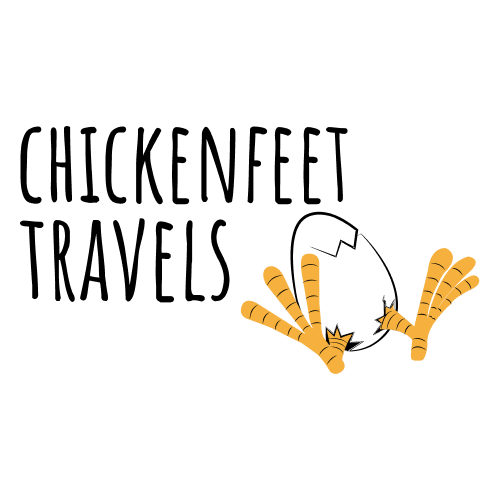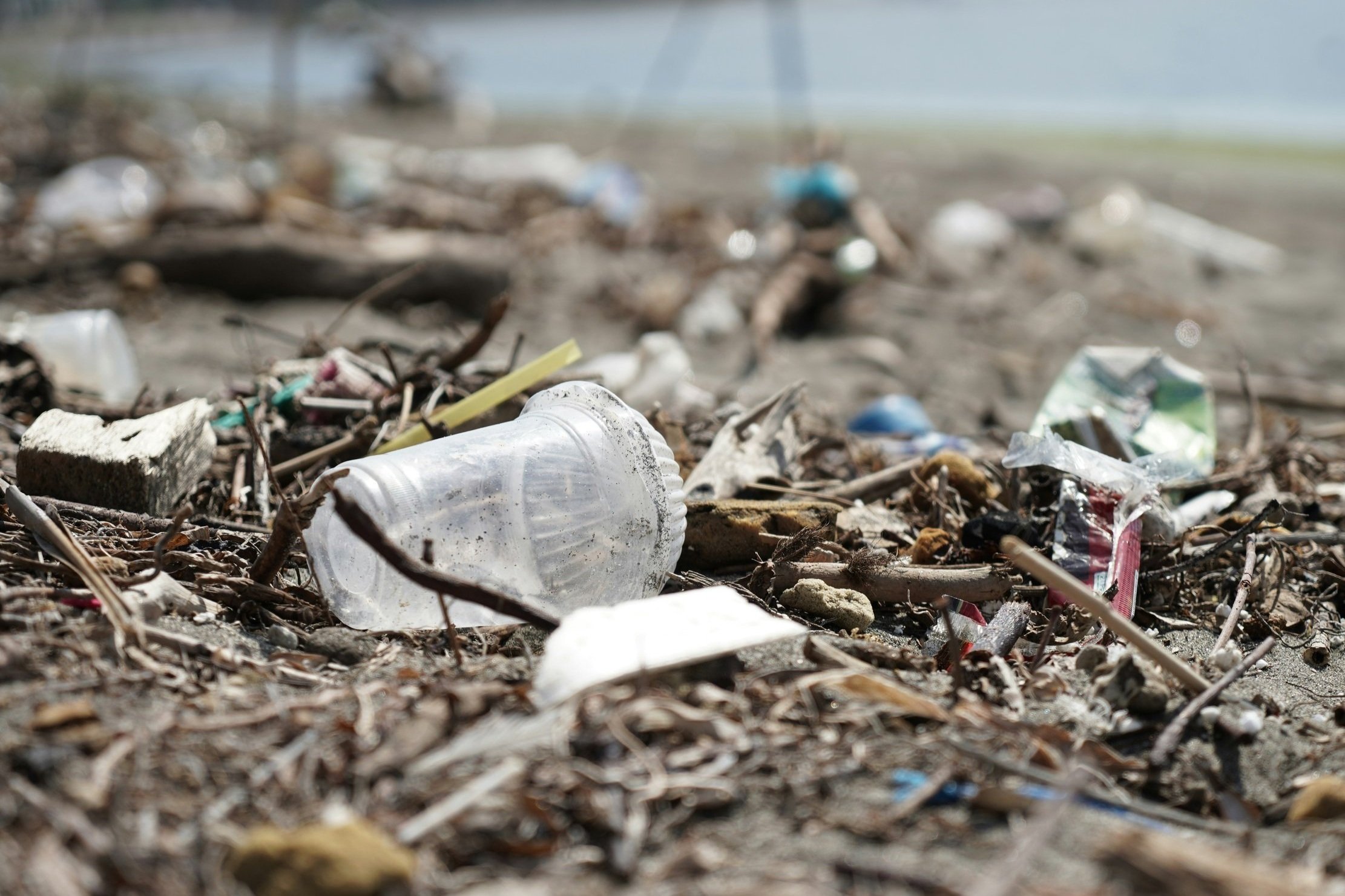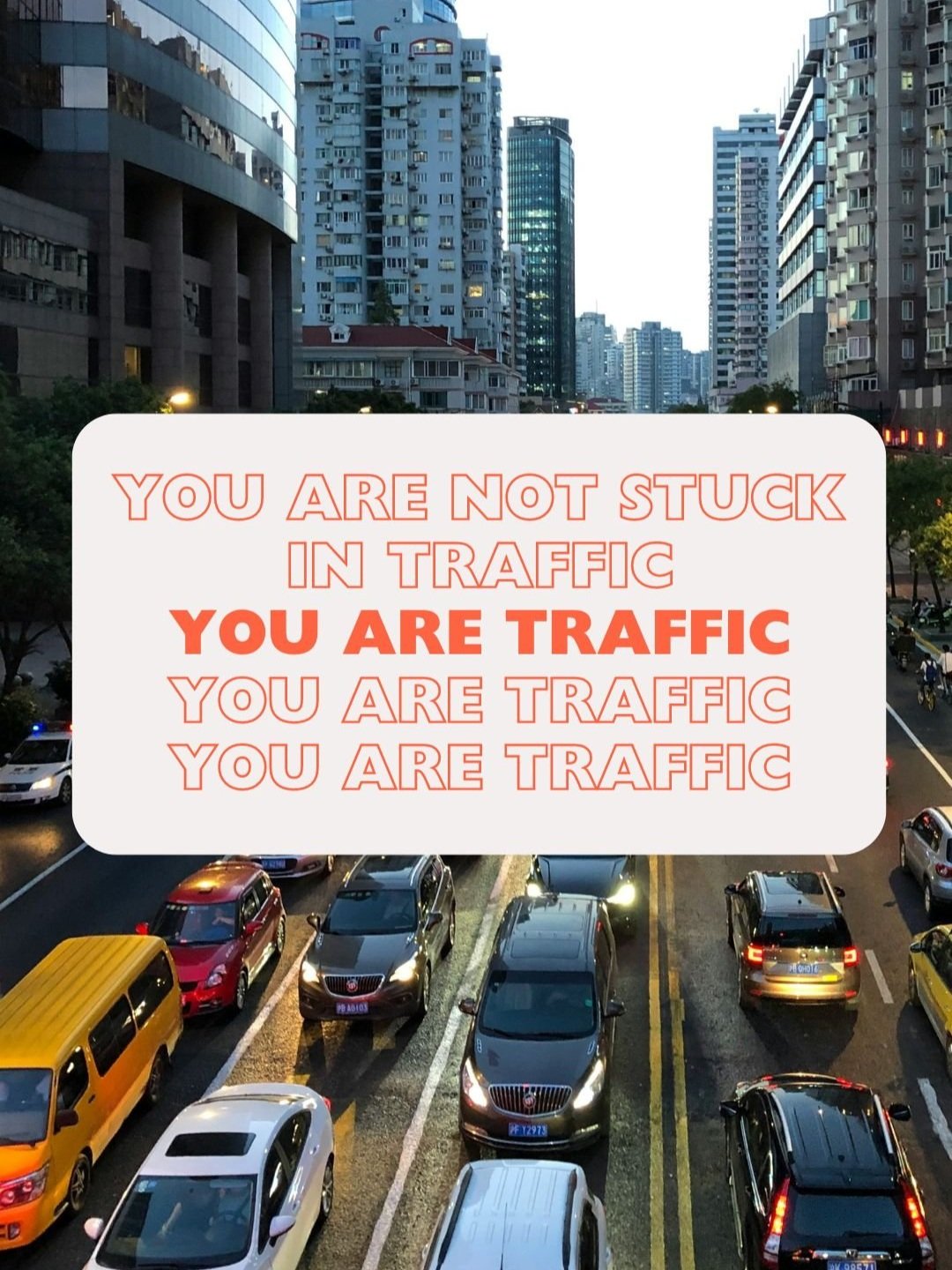Tourism Leakage and the Power of Purchase
When we travel, where does our money go?
It’s a simple question with a surprisingly murky answer. Many people don’t realise that the money they spend while on holiday rarely stays where they spend it. This is the quiet crisis of tourism leakage—economic leakage in the tourism industry—the phenomenom where up to 80% of travel dollars leak out of developing nations and return to foreign owned businesses. Hotels, tour agencies, cruise lines, even the coffee chains we find comforting in unfamiliar cities—they may bring convenience, but they also quietly siphon away wealth that could have stayed in the local economy. It’s not always a deliberate choice—it’s often just convenient, or seems like the only option available. Tourism Teacher simplifies it best.
At Chicken Feet Travels, this is the problem we’ve been trying to solve all along. We aim to make it easier to be intentional. Not just with pretty words, but with deliberate choices—trip after trip, guide after guide, guest after guest. We aim to make it easier to be intentional.
Tourism leakage happens when the bulk of you travel spending leaves the country you’re visiting. It can be direct—like booking with foreign owned hotels—or indirect, like using a major online platform to reserve a tour that’s then sourced to locals with minimal pay. The World Bank and UN World Tourism Organization estimate that in many developing countries, as much as 70-80% of tourism revenue leaks out and in Southeast Asia where in major tourist hotspots, up to 85% of every tourist dollar is lost to foreign companies.
Leakage isn’t just economic. It’s cultural. Environmental. Relational. When we ignore local businesses, we also lose the stories, skills, and soul of a place.
A Little Fable About Responsibility
Here’s a story you may know:
“Once upon a time, there were four people; their names were Everybody, Somebody, Nobody and Anybody. Whenever there was an important job to be done, Everybody was sure that Somebody would do it. Anybody could have done it, but Nobody did it.
When Nobody did it, Everybody got angry because it was Everybody’s job.
Everybody thought that Somebody would do it, but Nobody realized that Nobody would do it. So consequently, Everybody blamed Somebody when Nobody did what Anybody could have done in the first place.” - Ann Landers
The story is funny—until you realise it’s real.
This is the tourism industry today. We assume someone else will do the hard work. Someone else will create impact. Someone else will protect the reef or empower the local guide or set a better standard. But we believe otherwise. That “somebody” is us—and also you.
When it comes to making tourism better, too many people think somebody else will do the work. But change only happens when you do. When you choose the local cafe over Starbucks. When you pay your guides and driver fairly, instead of using an online platform. When you ask where your money goes.
We don’t believe in shaming people for not knowing, because this industry makes it so hard ot know in the first place. It’s exhausting to triple-check every booking and research every single thing you do. So we’ve done the work for you. If it’s on our site, we trust it. If you’ve ever felt helpless or paralysed about making better choices, we get it. We’ve been there too, we’ve been scammed by greenwashing too. That’s why we started Chicken Feet, to change the system from within by working with guides and operators who do their best and more, to value connection over convenience. And to show that even if you’re just one traveller, your impact can ripple.
At Chicken Feet Travels, we believe travel is one of the most powerful forces for change—but only if its done with care.
How we fight tourism leakage
We’ve spent over 15 years in Southeast Asia asking the questions so you don’t have to:
Who owns the hotel? Who owns the boat?
Who gets paid when you check in?
Who grew this food?
Is your hotel actually eco-friendly or just marketed as such?
We don’t just list trips online. We spend time—sometimes years—getting to know the guides, their families, and local operators who shape each experience. We spend so much time in the community, people start telling us stories and who the best people are to work with. And we only work with those who:
are locally owned and led
train and hire community members
give back through conservation, education, or initiatives
respect cultural heritage, not just sell it
if foreign owned, especially in the dive industry, they are going above and beyond with their experience and knowledge to disrupt and change their area for the better
It’s in all the small decisions at every single point of a trip, it adds up.
The Real cost of a “cheap trip”
It’s tempting to cut corners and to “save” money. But let’s be honest: cheap travel often means some else is paying the price.
Maybe it’s the local guide being underpaid.
Maybe it’s the reef that’s trampled by too many fins.
Maybe its the cultural site turned circus.
Intentional travel doesn’t always mean spending more. It means spending wisely.
A lot of the time it is about choosing better:
when to travel—choosing to avoid tourist high season…and you would actually save money because prices are not “high season prices”
how to travel—choosing an overnight trip rather than a day trip where you will be stuck in traffic with the daily migration of tourists
where to travel—choosing to go somewhere you haven’t heard about before it becomes the next “must see” destination
Chicken Feet Travels does all the thinking and planning for you when you travel with us.
We help you choose dive trips that align with your skill level and interests.
We tell you when not to come—because rain, heat and humidity make a huge difference over here.
We design trips not around your bucket list, but around what the place can handle.
You don’t need to do it all. Just don’t do nothing.
The lesson from the tale of Everybody, Somebody, Anybody, and Nobody is simple:
If you think the world needs better tourism—if you were disappointed by your last trip—then start with your next trip.
We all want travel to be enriching. But for whom?
If it’s only enriching for you, something is missing. When travel uplifts local, protects ecosystems, and shares stories—you become part of something bigger.
At Chicken Feet Travels, we’re not here to guilt you. We’re here to make it easy. We want to use our platform to educate and inspire people to travel differently and better, and when possible travel slower and further.
With close to thirty years of combined travel experience and over a decade of working with some of our guides, we have learned a few important lessons. Here are things you can do to travel responsibly and respectfully:
When looking for a place to sleep:
Avoid big hotel chains
Avoid using credit card points in developing countries
Avoid booking platforms that take an unfair percentage of sales
When looking for a place to eat:
Avoid “Big Coffee” and big fast food chains
Look for restaurants which source locally and organically, supporting farmers directly
Look for those places which function as a social enterprise, prioritising people over profit
Choose juice or fruit instead of fizzy drinks or chips to avoid waste
When looking for things to see and do:
Plan ahead for the best experience
Pay the deposits in advance, there is a cost of opportunity-loss
Always insist to do things their way, the “local way”, the “secret way”
Be prepared
Always travel with a filter bottle to never buy plastic bottles
Bring extra totes to avoid plastic bags
Bring a tumbler and tupperware
Use non-toxic toiletries
POWER of Purchase and INDIVIDUAL ACTION
If you take away one thing from this: you have the power to make a positive difference in the world. We often feel powerless but our daily decisions—what we buy, how we travel, who we support- shape the future.
“We blame society but we are society.” - Wimer Alberto
Change often starts with one person and one bold idea. The challenge isn’t in the idea—it’s finding the next person willing to believe in it.
In this modern era, consumption drives economy. Every purchase you make—big or small—is a vote for the kind of world you want. You have more power than you think because economics shape policy more than politics ever will
If we stop buying what’s cheap, fast, and harmful and start seeking what’s fair, honest, and sustainable, the market will follow.
Take photography: when smartphones made film inconvenient, the market shrank. But niche demand brought it back. What we stop buying fades away. What we choose creates new demand.
“As consumer, we have so much power to change the world just by being careful in what we buy” - Emma Watson (Hermione)
It is the collective efforts of these small changes and choices that everyone can make on a daily basis that add up to a big difference.
This sentiment carries more weight when we travel in developing countries like those in Southeast Asia.
We travel to conserve
Tourism can shape a better future when done right, especially in developing countries. It’s a melting pot of ideas, people, and solutions. That’s why we need to make conscious choices, supporting those who operate sustainably and responsibly.
When we travel today and share images of ourselves riding elephants, you will get cancelled. Yes, these operations still exist but there are now many more operators who run ethical operations and this change was driven by travellers’ demand for better experiences. The proper treatment of elephants in sanctuaries is a reason for hope and it was brought about by the demands of tourists seeking ethical experiences.
This same mindset and action can fuel solutions like:
Reducing waste and plastic pollution
Boosting tourism in overlooked areas
Prioritising sustainability in hotels
Promoting local crafts and design
Supporting organic, local foods.
We travel Differently. And so can you.
Tourism doesn’t have to leak. It can nourish.
It doesn’t have to extract. It can empower.
Let’s rewrite the story of travel—where Everybody did something,Somebody led with heart. Anybody made an impact, and Nobody looked away.
You in?
TL;DR: Tourism leakage refers to money spent by travellers that never reaches local communities. Up to 80% of travel spending can end up with foreign-owned companies, even when you’re trying to do the right thing. This post explains how Chicken Feet Travels chooses partners, fights leakage, and helps travellers spend better—with care, curiosity, and consciousness.











